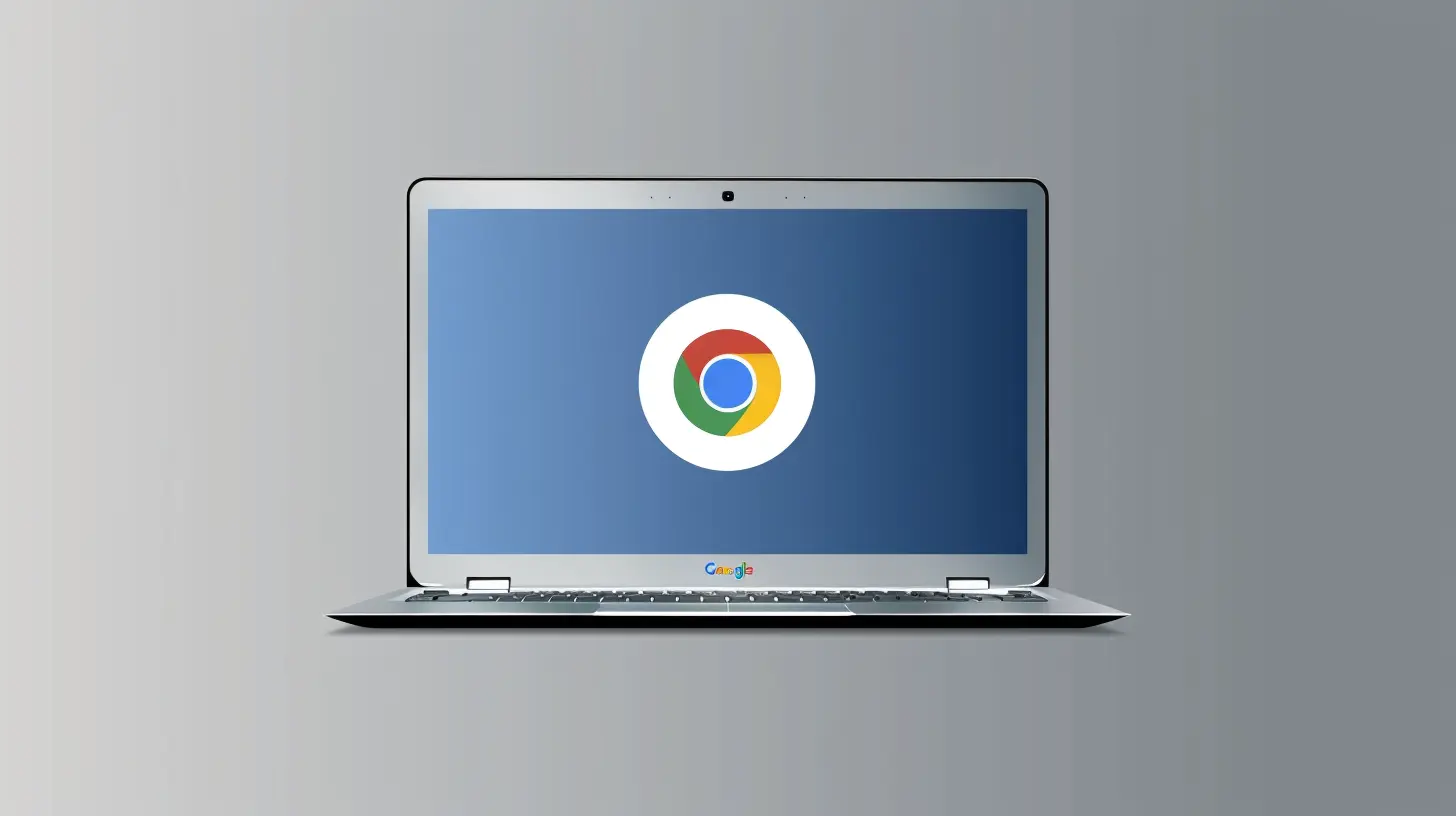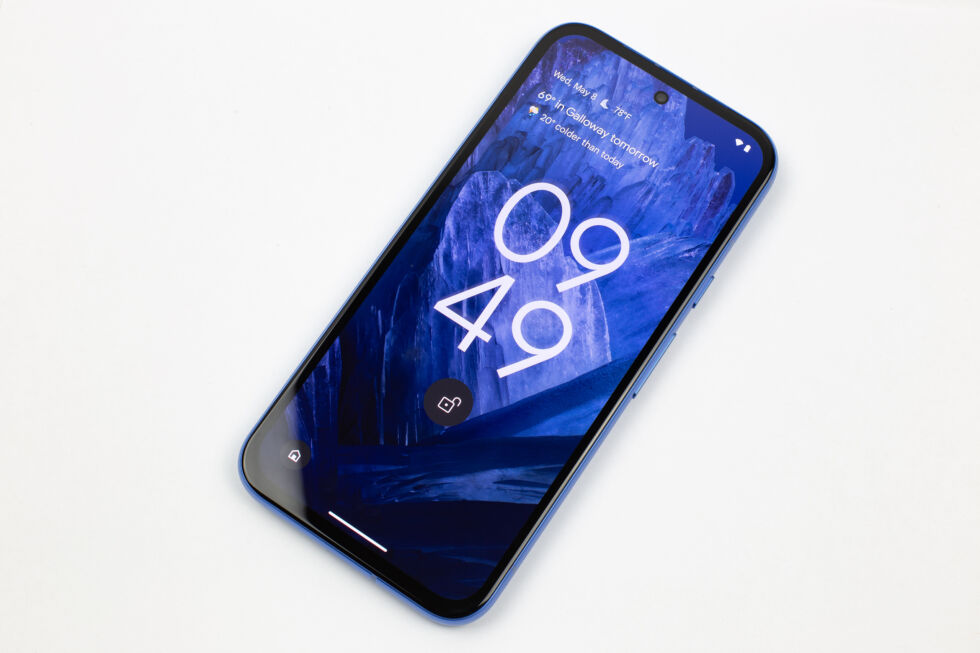 The DMCA takedown process gives copyright holders the option to remove infringing content from the web.
The DMCA takedown process gives copyright holders the option to remove infringing content from the web.
It’s a powerful, widely-used tool that takes millions of URLs and links offline every day. This often happens for a good reason, but some takedown efforts are questionable or even outright abusive.
Google Sues DMCA Scammers
Google is no stranger to DMCA abuse. The company has processed more than
8 billion takedown requests
over the years and while most notices are legitimate, scammers regularly try to game the process to gain an advantage.
Last November, the search giant had seen enough. In a lawsuit,
filed at a federal court in California
, Google accused Nguyen Van Duc and Pham Van Thien of sending over 100,000 fraudulent takedown requests. Many of these notices were allegedly filed against third-party T-shirt shops.
The scammers used fabricated names but also impersonated celebrities for their takedown effort, including Elon Musk. It would be no surprise if this includes Elon Musk’s
unusual t-shirt takedown action
that was uncovered about a year ago. At the time, we already hinted at foul play.
“We seriously doubt that these DMCA notices were sent or authorized by Musk. It’s more likely that someone else is pretending to be the tech billionaire, to further their cause. For example, an imposter may be a player in the highly competitive Musk-meme t-shirt-selling business.”
A few months later, Google’s complaint against the two defendants also mentioned Musk, among other celebrities such as Taylor Swift and Kanye West, alleging a DMCA abuse racket with a competitive purpose.
“Defendants appear to be connected with websites selling printed t-shirts, and their unlawful conduct aims to remove competing third-party sellers from Google Search results. Defendants have maliciously and illegally exploited Google’s policies and procedures under the DMCA to sabotage and harm their competitors,” Google wrote.
Default Judgment
Following the complaint, Nguyen Van Duc and Pham Van Thien remained quiet. The defendants, who are believed to reside in Vietnam, were summoned via their Gmail accounts and SMS, but the pair didn’t respond in court.
Without the defendants representing themselves, Google now requests a default judgment. According to the tech giant, it’s clear that the duo violated the DMCA with their false takedown notices. In addition, they committed contract breach under California law.
“Here, Google has sufficiently alleged that Defendants submitted fraudulent DMCA Takedown Requests, unlawfully seeking removal of more than 117,000 third-party website URLs and corresponding product listings from Google Search results.
“Defendants have weaponized Google’s DMCA notice-and-takedown systems and procedures and used them not for their intended purpose of expeditiously removing allegedly infringing content, but instead to have their competitors’ legitimate content removed based on false allegations,” Google adds. `
This alleged behavior wasn’t well hidden either, as defendants allegedly promoted their abuse scheme on YouTube in a video blatantly titled:
“2022 SEO 3 minutes to take top 1 google by Fake DMCA complaints”
.
SEO tips…
A default judgment is warranted, according to the search engine, as the company has no other legal means to stop the abusive activity.
“If this Court does not grant default judgment, Google will suffer prejudice because it will be without legal recourse to stop Defendants’ fraud and misrepresentation. Defendants’ conduct will continue to harm consumers and third-party businesses, stifle competition, and risk damaging Google’s brand.”
No Monetary Damages
Google’s proposed judgment holds Nguyen Van Duc and Pham Van Thien liable for DMCA violations and contract breaches. In addition, it also includes an injunction that prevents the defendant from submitting similar fraudulent notices in the future.
Interestingly, Google demands no monetary damages at this point. The company is not looking for financial compensation or punishment but mainly wants the abuse to stop. This should weigh in favor of granting the default judgment, the company argues.
Sprecifically, Google requests an injunction that prevents the defendants from “submitting any notifications of copyright infringement or takedown requests to Google based on false assertions of rights of copyright ownership”.
Proposed default judgment
The injunction would also ban the defendants from creating any new Google accounts and from using Google services to promote their websites or products going forward.
In theory, Google could have requested monetary damages. This wouldn’t be unprecedented, as WordPress was previously awarded
$25,000 in damages
in its case against a DMCA takedown abuser. However, for now, Google believes that a liability ruling and an injunction are sufficient.
—
A copy of Google’s request for a default judgment, filed as a California federal court, is available
here (pdf)
. A copy of the proposed order can be found
here (pdf)
.
From:
TF
, for the latest news on copyright battles, piracy and more.
 chevron_right
chevron_right







 The DMCA takedown process gives copyright holders the option to remove infringing content from the web.
The DMCA takedown process gives copyright holders the option to remove infringing content from the web.



